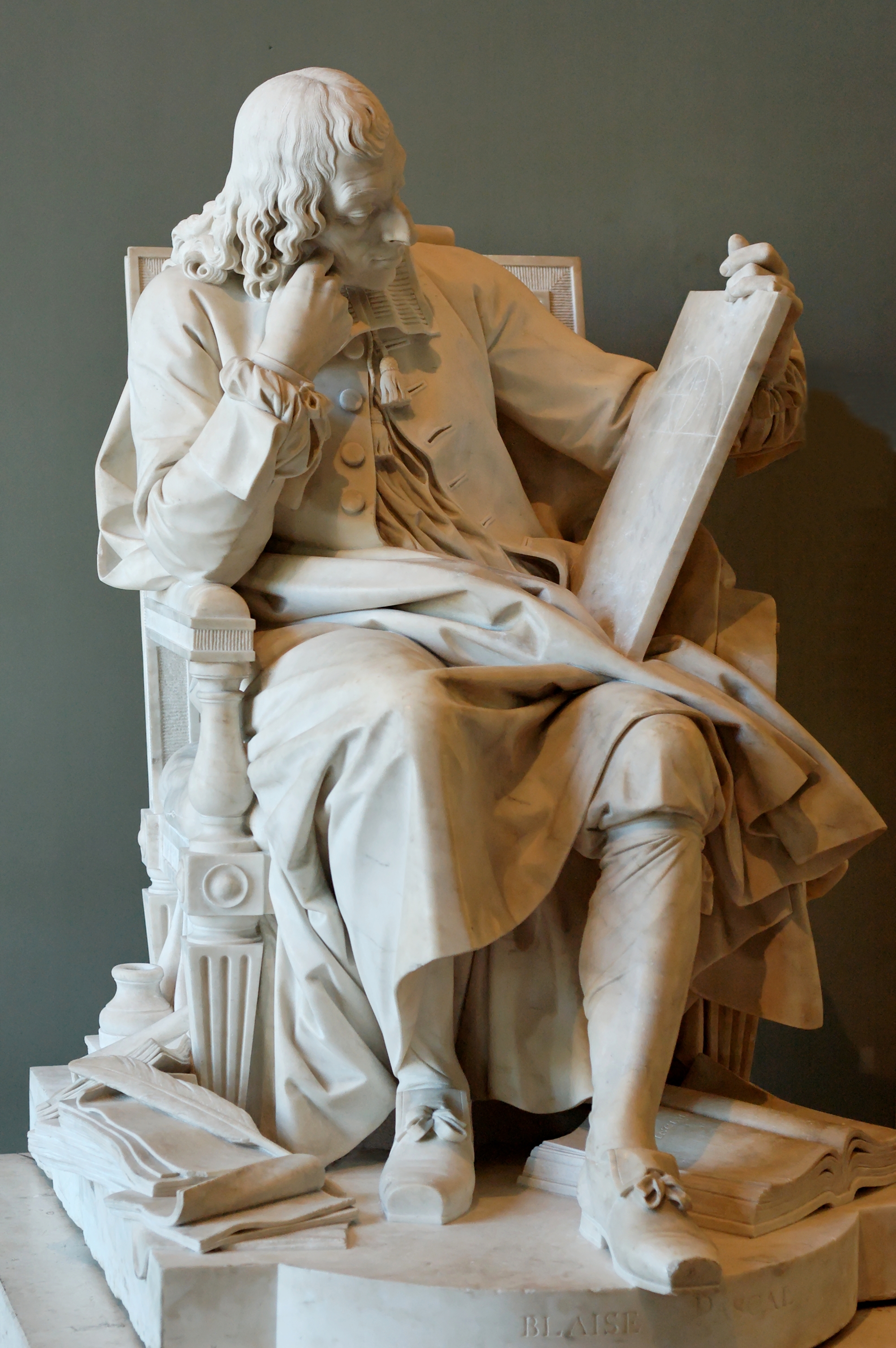 Yesterday’s Gospel was Mark’s pericope of Bartimaeus, the blind beggar of Jericho (Mk 10.46–52; synoptic parallels Mt 9.27–31, 20.29–34, Lk 18.35–43). It struck me that passing characters in the gospels, especially recipients of healing, are anonymous (Luke’s version does not name the blind man, and Matthew makes him two anonymous men). Most of us treat ‘Bartimaeus’ as a straightforward name, but I think it’s unusual for a couple of reasons.
Yesterday’s Gospel was Mark’s pericope of Bartimaeus, the blind beggar of Jericho (Mk 10.46–52; synoptic parallels Mt 9.27–31, 20.29–34, Lk 18.35–43). It struck me that passing characters in the gospels, especially recipients of healing, are anonymous (Luke’s version does not name the blind man, and Matthew makes him two anonymous men). Most of us treat ‘Bartimaeus’ as a straightforward name, but I think it’s unusual for a couple of reasons.
He is introduced as “Bartimaeus, son of Timaeus” (ὁ υἱὸς Τιμαίου Βαρτιμαῖος, ho huiòs Timaíou Bartimaîos). This is often read as if Bartimaeus is his name, and his father is Timaeus. However, the simple fact that ‘bar’ is the Aramaic for ‘son of’ suggests that ‘son of Timaeus’ is the partial translation of ‘Bartimaeus’. It’s always interesting to see what the Syriac Peshitta does with such translations of Aramaic, seeing as there is usually no need for a gloss on Aramaic (Syriac being a variety of Aramaic). The Peshitta translates the name as ܛܝܡܝ ܒܪ ܛܝܡܝ (Ṭimai bar Ṭimai). Although this suggests once again a proper name ‘Timai bar Timai’, this still does not make a great deal of sense.
Continue reading “The name, fame and shame of Bartimaeus” →
 On this day in 1992 the General Synod of the Church of England voted in favour of ordaining women to the priesthood. The vote was decisive, yet the decision did not put a stop to the infighting. This was no armistice, and like St Martin’s cloak we remain riven in twain.
On this day in 1992 the General Synod of the Church of England voted in favour of ordaining women to the priesthood. The vote was decisive, yet the decision did not put a stop to the infighting. This was no armistice, and like St Martin’s cloak we remain riven in twain.






